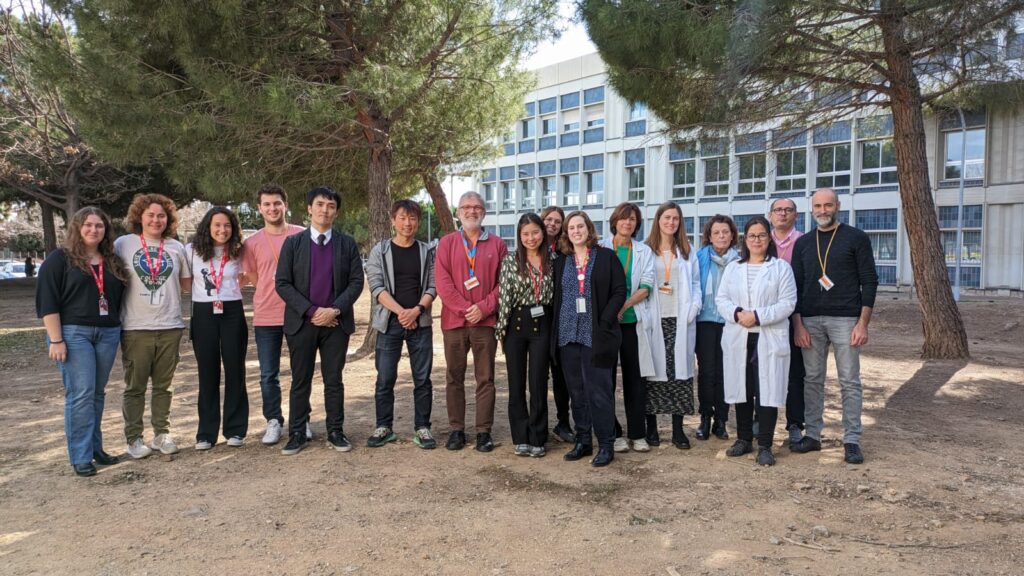UCT hosts two researchers from the National Centre for Global Health and Medicine in Japan
The Tobacco Control Unit (UCT) and the Bellvitge Biomedical Research Institute (IDIBELL) have hosted two researchers from the National Centre for Global Health and Medicine of Japan to present the results of their work on antimicrobial resistance and the impact of health policies during the COVID-19 pandemic in the Asian country.
Shinya Tsuzuki is head of the Division of Applied Epidemiology and Pharmacoepidemiology at the Japanese centre. He is currently in charge of several research projects on the epidemiology of infectious diseases, with a particular focus on influenza-like pathologies and antimicrobial resistance. During his speech, the researcher presented the activities of the Centre’s three divisions and their results so far. Tsuzuki recalled that antimicrobial resistance is already one of the world’s major health threats.

Dr Yusuke Asai, a mathematician and statistician at the National Centre for Global Health and Medicine in Japan, uses mathematical models to predict the number of infections and thus the impact of health policies. Asai presented the main results of the COVIREGI-JP study, which was launched in 2020 to comprehensively record patients hospitalised for COVID-19 and to clarify various aspects of the clinical profile of this disease, including the characteristics and course of severe cases, the course of drug administration, and the efficacy of the drugs.
By January 2024, a total of 651 centres across Japan had participated in the study, enrolling more than 90,000 cases. In his lecture, the researcher presented the results of the study. He concluded by looking at the future of COVID outbreak response and data infrastructure in Japan.






No Comment